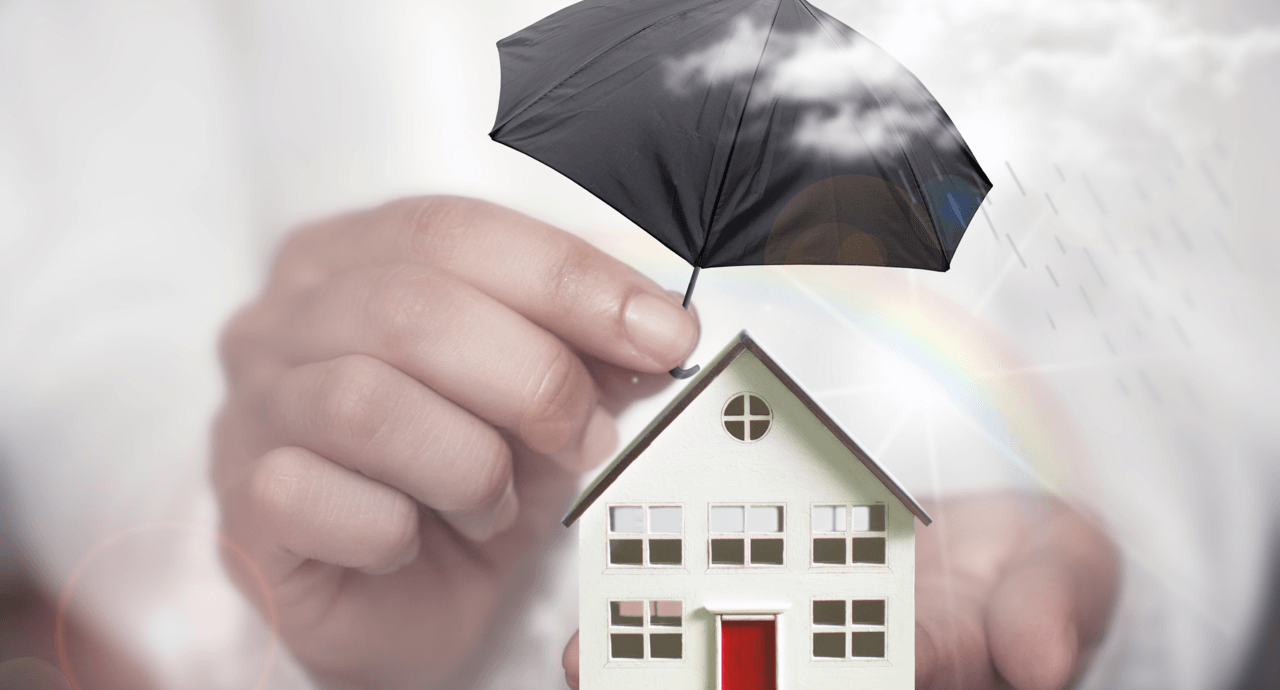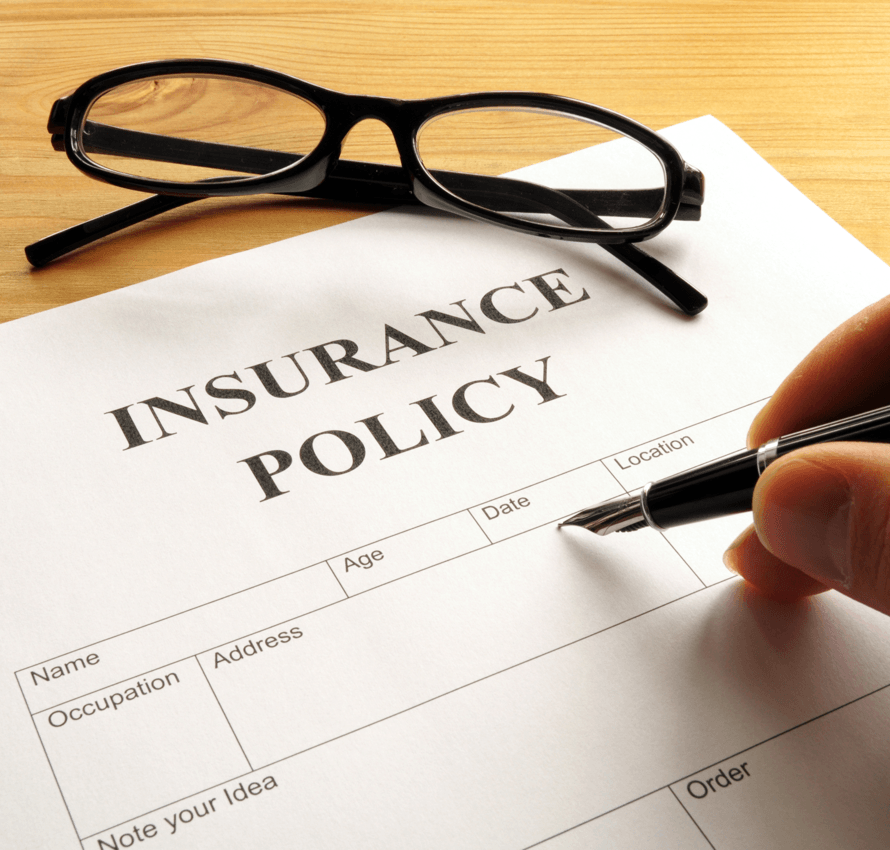 When you own a home, buying home insurance may be one of the best financial decisions you make. This type of property insurance covers you if your home or belongings are damaged. It also protects you if someone is hurt on your property and you are found responsible.
When you own a home, buying home insurance may be one of the best financial decisions you make. This type of property insurance covers you if your home or belongings are damaged. It also protects you if someone is hurt on your property and you are found responsible.
Homeowner’s insurance is a low-cost way to cover the investment you have made in your home. Here’s how a home insurance policy works and some advice for navigating the insurance market to find the right policy for your needs.
How Does Home Insurance Work?
In exchange for paying monthly premiums, your home insurance policy will cover you up to a specific coverage amount. If you need to make a claim against your policy, you will pay a deductible. The higher the deductible, the lower your premiums. Just make sure you choose a deductible you can afford in an emergency. If your home or belongings are damaged or  destroyed, your insurance company will offer you a settlement (minus the deductible) based on the type of coverage you have: replacement cost or actual cash value.
destroyed, your insurance company will offer you a settlement (minus the deductible) based on the type of coverage you have: replacement cost or actual cash value.
Home insurance will cover you up to your policy limit on:
Damage or loss of your dwelling. Your home faces many risks, including fire, hail, wind, lightning, flooding, water damage, vandalism, and more. Your policy pays for damage or destruction caused by covered perils up to your limit. The types of perils covered will depend on the type of policy you choose.
Damage or loss of property. Home insurance doesn’t just cover your home; it also covers your personal property, including furniture, clothing, electronics, and appliances.
Liability. This coverage protects you if someone is hurt on your property and you are found liable. For example, if a visitor slips on your walkway and gets hurt, you may face a lawsuit. Your home insurance will pay for the visitor’s medical expenses, your legal representation, and damages awarded in the lawsuit up to your policy limit.
Types of Homeowner’s Insurance Policies
When choosing a homeowner’s insurance policy, it’s important to read each plan carefully. Home insurance is not regulated like auto insurance, which means there is no such thing as a standard policy or regulated terms. Home insurance policies can vary a great deal by company.
You’ll notice there are several types of home policies available. These policies range from very basic policies with minimal coverage to comprehensive insurance policies to protect you against almost all risks you face.
Comprehensive vs. Named Perils
Most Canadians choose comprehensive coverage for protection against virtually all risks to their home and property. This type of policy covers your home and personal property against all risks except risks specifically excluded. There are a few risks that are usually excluded like predictable risks (such as a wood fence rotting or a shingle roof deteriorating, earthquakes, and sewer backups). You can cover some of these risks with optional add-on coverage.
Of course, comprehensive insurance has the highest cost. An alternative is a named perils or basic policy. This option allows you to save money on your premiums by accepting some financial risk. These policies only cover perils named on the policy.
 What Home Insurance Does and Does Not Cover
What Home Insurance Does and Does Not Cover
The standard comprehensive home insurance policy covers your home, personal property, and liability. The most common perils covered by a Canadian homeowner’s insurance policy include fire, falling objects, water, lightning, hail, theft, vandalism, windstorms, and collapse due to snow or ice.
You can also customize your policy for even greater coverage. Popular optional coverage options include:
Alternative living expenses, which pays you to live somewhere else while your home is being repaired after a covered loss.
Endorsements for high-value items like jewellery, antiques, or artwork.
Sewer backup coverage to pay for damages if the sewer line backs up into your house.
Fire department service charges to reimburse the fees charged by your fire department after a covered peril.
Lock replacement if your keys are stolen or your home is burglarized.
Home insurance is an invaluable form of protection, but it won’t protect you against everything. Water damage due to flooding or rising flood waters is rarely covered, for example. Other perils that are usually excluded include:
- Freezing damage to plumbing
- Pest damage from insects and rodents
- Earthquake and landslide damage
- Sewer backup
Damage caused by improper maintenance or wear and tear. This can include a roof that leaks because it wasn’t taken care of or gradual damage from a plumbing leak that wasn’t fixed.
How Your Premiums Are Calculated
As you shop for home insurance, it helps to understand the factors that determine what you will pay. Every insurance company uses their own formula and places more weight on some factors than others. Most companies also offer discounts that can help you save on your premiums.
Your home is one of the biggest factors affecting your premiums. Everything from the type of home to its age, size, and condition play a role. New homes usually cost less to insure than older homes as they are made from higher quality materials and built to modern code. The second most important factor is the policy you have chosen. Your policy type, coverage limits, and deductible will directly affect how much you pay.
The distance between your home and a fire station or fire hydrant, your neighbourhood’s crime rate, and your province also matter. In most provinces, including Alberta, insurers can even base your premiums on your credit score.
Don’t be tempted to skip home insurance or choose the bare minimum of coverage. Your policy offers the protection you need when you need it most. When you insure a new home, you can get quality coverage for little more than the cost of a few pizza deliveries every month.
